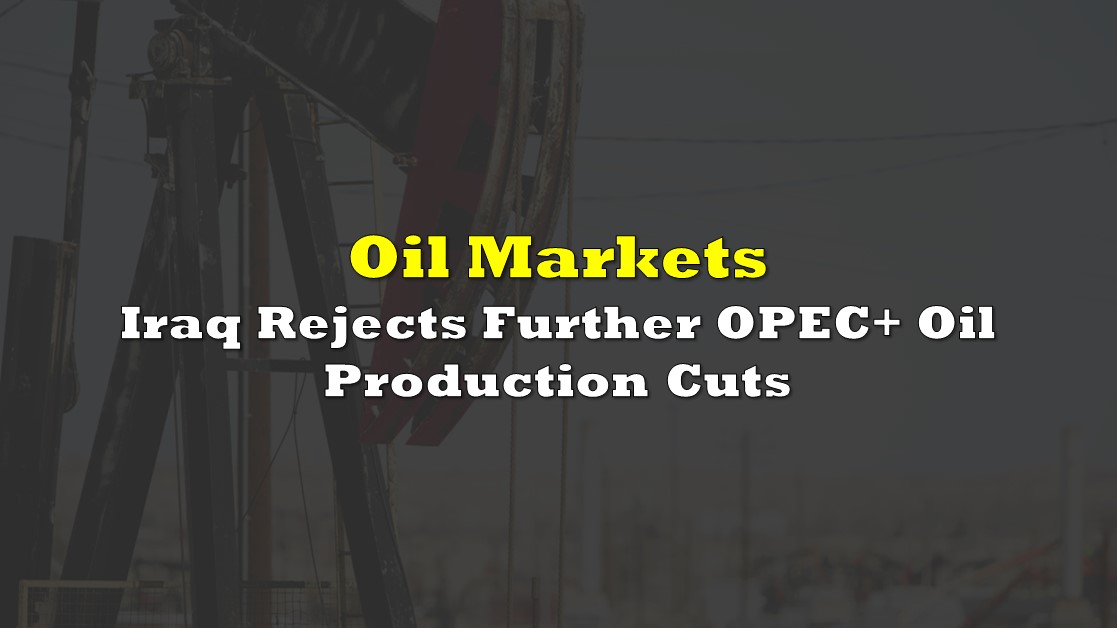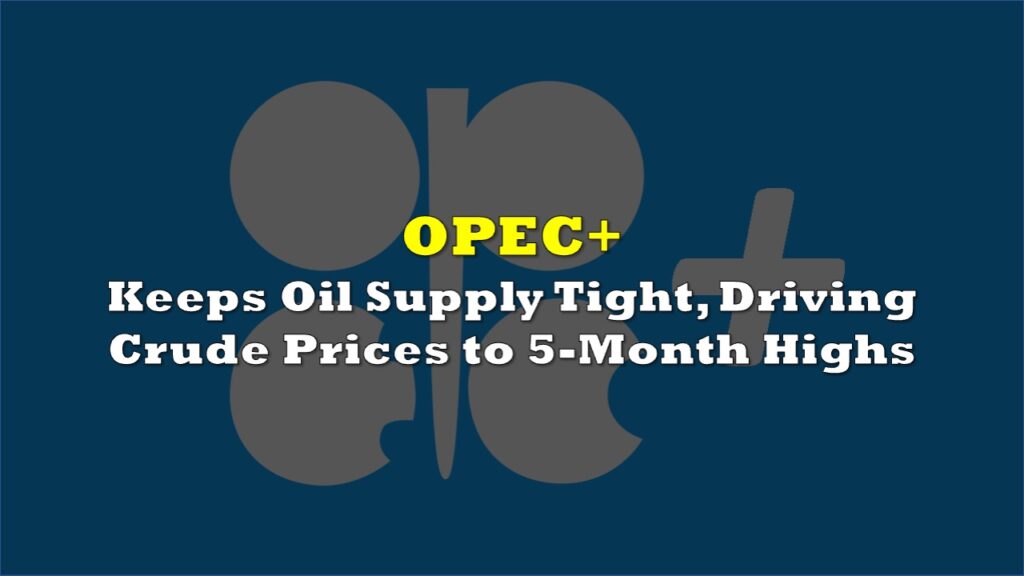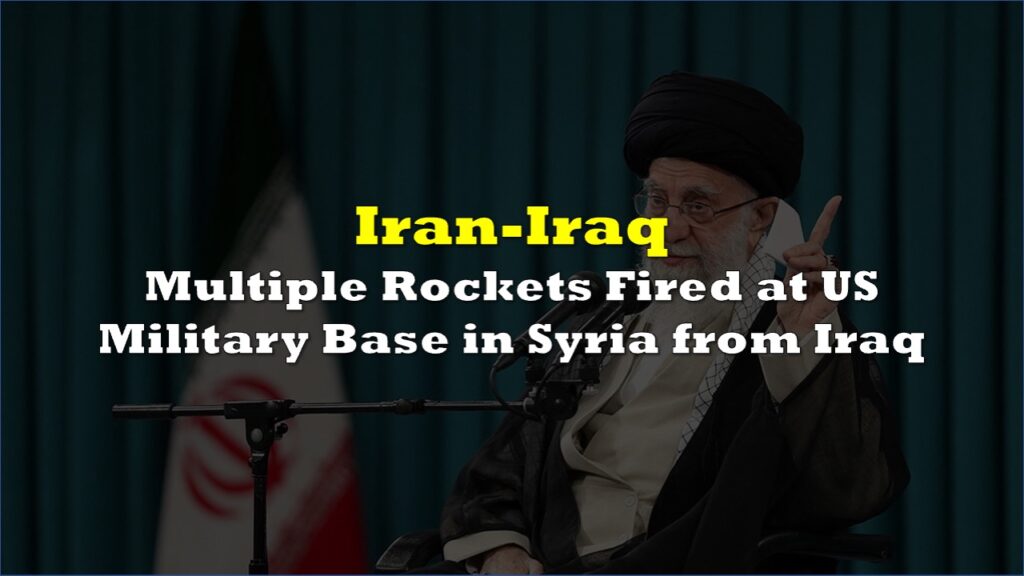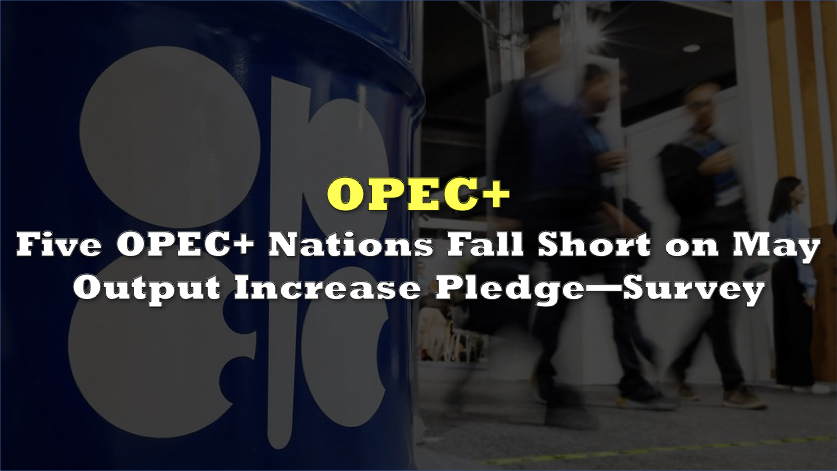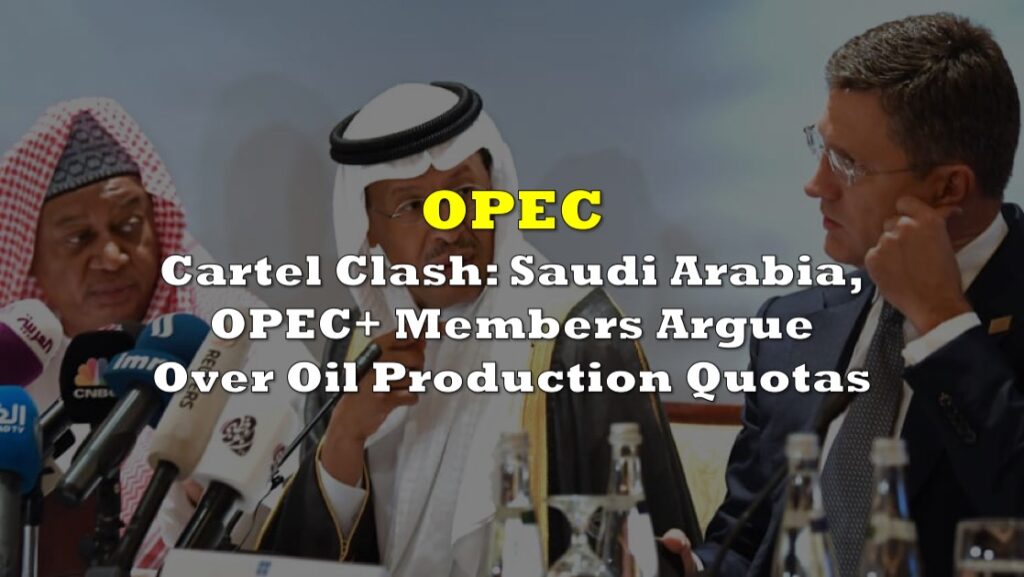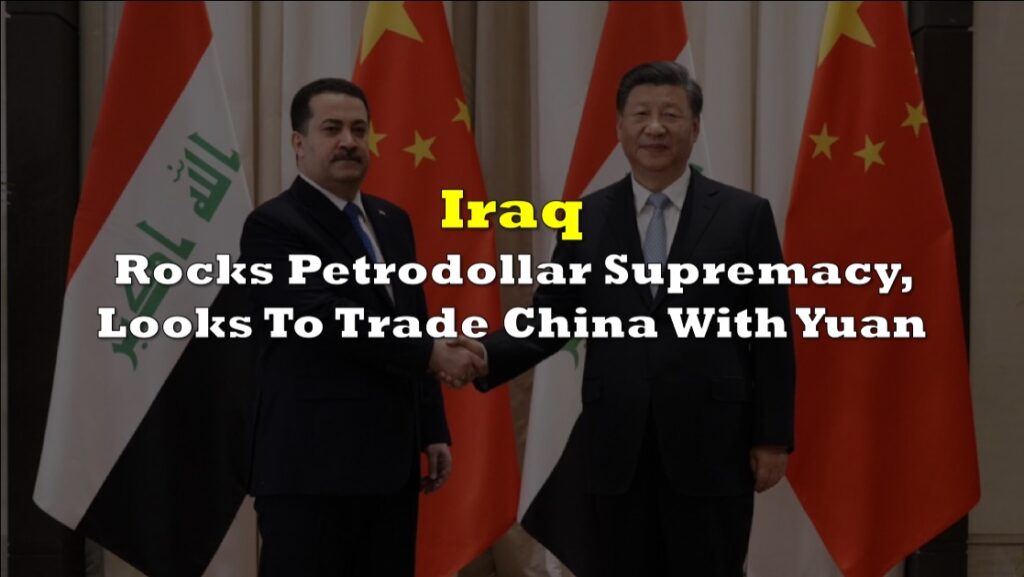In a statement that could potentially disrupt balance within the OPEC+ alliance, Iraq’s Oil Minister Hayan Abdul Ghani has declared that the country will not agree to any additional oil production cuts at the upcoming OPEC+ meeting scheduled for June 1.
Speaking on the sidelines of an oil and gas licensing conference in Baghdad, Abdul Ghani firmly stated, “Iraq has reduced (output) enough and will not agree to any new cut.” His remarks come amid reports that OPEC+, comprising the Organization of the Petroleum Exporting Countries (OPEC), Russia, and other non-OPEC producers, is considering extending voluntary output cuts should global demand fail to recover.
IRAQ HAS MADE ENOUGH OUTPUT CUTS, IRAQI OIL MIN TELLS REPORTERS
— First Squawk (@FirstSquawk) May 11, 2024
While Abdul Ghani’s statement appears to oppose any extension of the current voluntary cuts, there is some ambiguity regarding whether he is specifically against additional cuts or the extension of existing cuts. Nonetheless, his stance contradicts widespread expectations that the current cuts would be rolled over.
READ: Angola Leaves OPEC: “We Feel That We Currently Gain Nothing”
Iraq’s position could potentially strain the unity within OPEC+, as the alliance has been working to stabilize global oil markets through coordinated production adjustments. According to an OPEC+ statement released on Friday, Iraq has exceeded its output quota by a cumulative 602,000 barrels per day in the first three months of 2024, despite repeatedly affirming its commitment to the voluntary cuts initially announced in 2023.
IRAQ COMMITTED TO VOLUNTARY CUT WITHIN OPEC+ TIMING
— First Squawk (@FirstSquawk) May 11, 2024
To compensate for the overproduction, Baghdad has agreed to implement additional production cuts over the remainder of the year. However, Abdul Ghani’s recent remarks suggest that Iraq may be unwilling to accept further reductions, potentially complicating the negotiations within OPEC+.
As the June 1 meeting approaches, all eyes will be on the alliance’s ability to reach a consensus and maintain a unified front in managing global oil supply and prices.
Information for this briefing was found via Reuters and the sources mentioned. The author has no securities or affiliations related to the organizations discussed. Not a recommendation to buy or sell. Always do additional research and consult a professional before purchasing a security. The author holds no licenses.

